Today, March 8, is International Women’s Day: a global celebration of the social, economic, cultural and political achievements of women. We are incredibly proud to be an organisation that empowers girls and women, especially in STEM. In celebration of #IWD2018, Robogals is launching a monthly #PeopleOfRobogals blog series.
This blog is part of our #PeopleOfRobogals series. This series highlights our volunteers from across the organisation, from our chapters to our leadership team and board members.
Robogals is made possible by our amazing volunteers from across the globe, ranging from students to professionals of all genders, ages and backgrounds. We come from a wide range expertise from engineering to law to commerce and are all united under the cause of gender equity in engineering and technology.
People of Robogals – Ami Pasricha, Robogals Global CEO

We sat down with the our Robogals Global CEO, Ami Pasricha, to pick her brains on a range of topics. Keep on reading to get a glimpse into the mind of a modern-day engineering female.
Who is the most inspiring person you have met so far?
I met this person in September 2017: her name is Lucy and she’s almost 10. She won first place in the Intermediate category of the Robogals Annual Science Challenge in 2017 by designing a hydraulic hand, which was entirely her own idea! What impressed me was the inspiration for her idea, and her youth. Her mother had been in an accident that had rendered her hand immobile, so Lucy took a real-life problem that affected her and translated that into something that encompasses awareness of the uses of STEM in everyday life.
What do you think is the biggest challenge or stigma women continue to experience?
I believe some of the biggest challenges women face in STEM are due to socialisation, starting from when they are very young. Not only are young girls at times discouraged from pursuing STEM despite having an interest in it, these societal expectations have resulted in women being underrepresented later on in STEM classes in high school and university, not to mention the workforce. This lack of female role models, paired with an overall lack of awareness about careers in STEM, leaves girls with the message that STEM is not for them.
The Robogals 2020 Strategy aims to address this directly by building awareness in the community and highlighting the exciting and rewarding opportunities women come across in their STEM careers. It’s the confidence that older and more professionally developed women have, that we are trying to instil in young girls. If we can harness girls’ interest in STEM when they are young, then we can take the steps to build their confidence in themselves and their abilities at an earlier stage.
It’s Robogals’ 10 anniversary this year. Looking forward to the next decade, what do you hope to achieve?
As an organisation, we have always been at the forefront of advocating for change by encouraging young women in our community to embrace STEM. We’re not only hoping to continue our work, but to also grow the breadth and depth of our impact. This involves reinventing the way in which we deliver workshops, working more closely with parents, teachers and the community to foster an environment in which young women feel supported in pursuing STEM, and providing personal and professional development for our volunteers.
At the moment, most of our Chapters run primarily robotics-based workshops. However, some have independently started introducing new workshops in other fields, such as civil and electrical engineering. We’d like to introduce a wider variety of workshops across the entire organisation to show students the breadth of career opportunities that exist in engineering.
We’ve also recently experienced a swell in support from the government and several industries looking to support women in STEM, particularly in the education sector. This has been pivotal to helping us move forward across all of our regions. As a not-for-profit, we can only thrive when we have the support to turn our individual efforts into broader, collective change.

What are some of the challenges Robogals will face in the next few years?
Our biggest concern is the longevity of volunteers’ engagement. Robogals is a university-based cultural organisation, which results in a high turnover of volunteers. As a global team, now more than ever, we’re focusing on volunteer development for specific roles, as well as providing volunteers with additional soft skills to complement their technical degrees.
We are at a time now where both the government and society have realised how important promoting gender equality is. Because of this, it’s vital for Robogals to strengthen existing relationships in this space, build new relationships with other organisations and act as an advocate for even more young women.
You mentioned earlier the support we are getting from the government, what do you think has motivated this growing awareness in society?
I think this growing awareness is the result of technological developments. In the future, experts estimate a large proportion of current jobs will require basic skills in STEM. The question is: by 2030, will Australia have a workforce equipped with the skills necessary to sustain our economy? That’s why there is a growing focus on this now. STEM and gender equality issues have always been relevant, but now there is increased awareness of how technology is shaping the way that we work and interact.
Confidence is a big issue for women in STEM. How do Robogals workshops change the way our girls walk back out of workshops? What difference do you see?
Our workshops start with an interactive overview of engineering. Our volunteers encourage students to link engineering to real life issues, which is the key to making them realise how prominent STEM is in their day-to-day lives. The second part of the workshop is designed to give the girls a hands-on opportunity to work with robots.
In terms of their confidence, the girls start to develop it when they do the workshop tasks themselves. Most students love working with the robots and find it fascinating, so by giving the girls the chance to build a robot themselves, we guarantee their engagement from the start. Then it’s up to our volunteers to encourage the girls to identify the problem and work through the thought process with them so they can develop a solution by themselves. Our volunteers are there to guide them, not tell them what to do.



